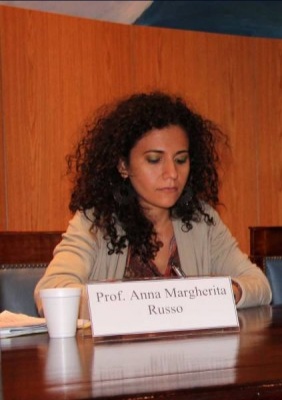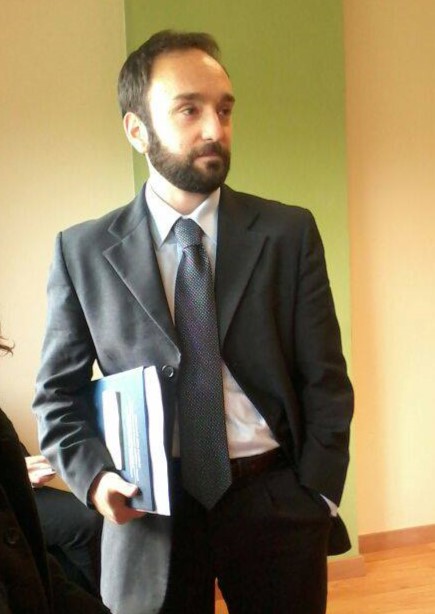- Coexistence. Participation. Citizenship
- Challenging and dynamic learning environment;
- Mastery of political and institutional dynamics;
- Insights into some major themes: electoral systems and political organizations, citizenship and intercultural relations;
- Methodological and conceptual instruments to analyze society and global phenomena;
- Employment in public and private administrations and in the third sector, at regional, national and supranational levels in various areas.
Learning activities cover the following areas:
- historical-political-social;
- economic-statistical;
- legal-institutional,
- and languages (English and Spanish).
Teaching approaches foster the development of interaction skills with political, social and economic entities at a local, national, European and international level and promote the ability to deal with the problems of multiculturalism and cultural differences. The course also paves the way to inclusion in the employment market.
Students participate in a call for application. Admission requirements are listed in the call for application:
- early (March/May): recommended to secure a place; high school seniors may also participate, students are admitted through a selective test TOLC
- standard (July/August)
- postponed (September/October), if there are still places available
Only those admitted can enroll.
For the call for application consult the dedicated section
L36 Political Science and International Relations
Course description
The Bachelor of Political Science offers basic knowledge in the economic, legal, political, sociological and historical-philosophical areas. It guarantees knowledge of the main historical events, historical and cultural origins of Europe, aspects related to the functioning of institutions, and to macroeconomic policies and socio-cultural and political phenomena. Knowledge is ensured through an in-depth study of electoral systems and political organizations, legal systems, citizenship and the secularity of the State, cultural differences and intercultural relations.
Students with a secondary school diploma or another qualification obtained abroad and recognized as suitable by the university. In any case, good knowledge of Italian, basic logical-mathematical skills and an adequate level of general knowledge are considered essential.
Graduates will be able to master – within a comparative perspective – the political-institutional, legal, economic and socio-cultural dynamics of contemporary societies, especially in the context of the complex transformations induced by globalization and internationalization.
Graduates can find employment in public, private and third sector administrations at a regional, national and supranational level in the following areas: planning and management of public policies; administrative consulting; political, trade union and professional representation; organization and quality.

Fees, contributions and exemptions
Costs calculated based on family income (ISEE-University) and including:
- fee for the equal access to university studies (from 130€ to 160€);
- annual amount (from 0 (if ISEE-University <= € 22,000) to € 2,000);
Flat tax = €1,000 for international students (UE and non UE)
With a family income (ISEE-University < € 26,000) students are entitled to receive:
- Scholarship consisting of total exemption from taxes, cash share, canteen and accommodation service (for off-site students)
- Grants for international mobility
- Reduced rates for the use of sports facilities and cultural services
- Benefits for students completing their degrees within regulation time
Exclusively on grounds of merit, students can obtain:
- International mobility grants (Erasmus)
- Free accommodation and canteen services published in the call DUnicAL career program for student-athletes.
Discover the career of former students
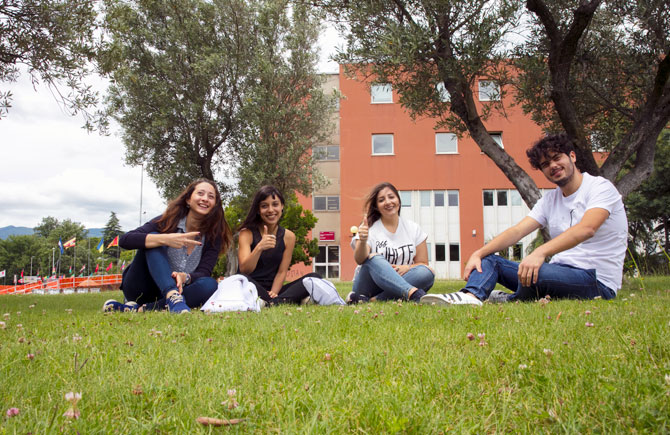
Life on Campus
In the largest and best equipped campus in Italy students will experience the sense of a unique university community, sharing educational, recreational, sporting and cultural events with fellow colleagues and professors. The Campus is equipped with lecture rooms, a sports center, theaters, amphitheaters, cinemas, cafes, refreshment areas and other places for socialization, thus offering an extraordinary human and educational experience.
Discover more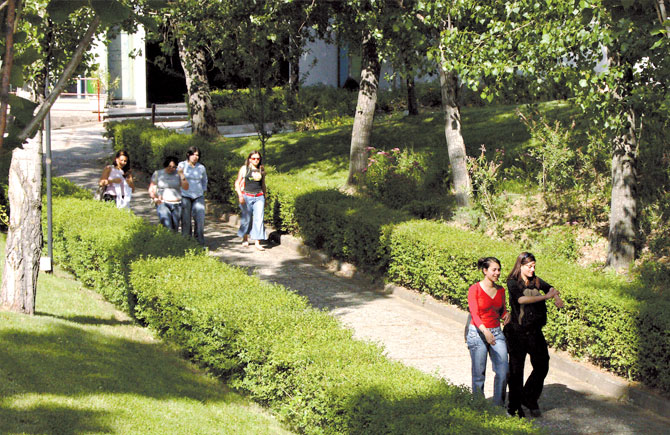
Services to Students
Unical is organized as an independent town that provides the best possible solutions of accommodation for students and staff living on campus, because it offers multiple services for study activities and for individual and collective well-being: libraries, the Language Learning Center, counselling and inclusion services. The Campus also includes a health center, a post office, a bank counter and a mindfulness dedicated area.
Discover more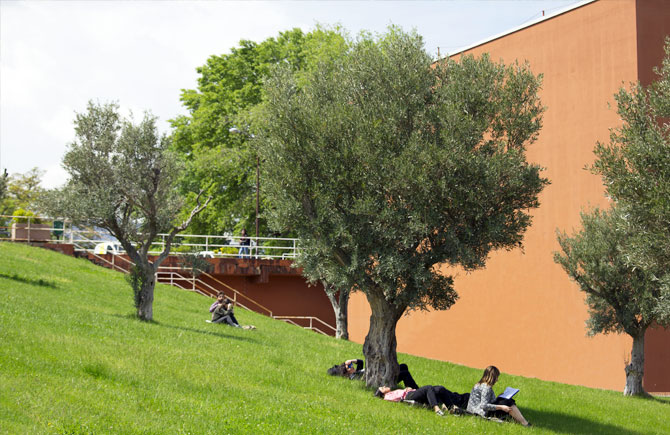
Residential Center
It complements and completes the services provided by the University of Calabria and has put into shape the idea of a British-American campus-style University. It encompasses 10 districts hosting the university residences, consisting of apartments with double and single rooms, living room, kitchen and toilets. In these districts there are common areas for study and recreational activities and sports, there are TV rooms, game rooms and gyms; launderettes and bike rental services are also available.
Discover moreRequest information for this course
If you want to know more about the Degree Course
For details on the contents of the individual courses, periods of training abroad, teachers, tutors, classrooms, laboratories, research centers, other structures and social initiatives visit the website of the Degree Course.
Go to the institutional website
